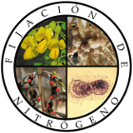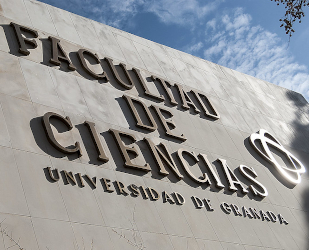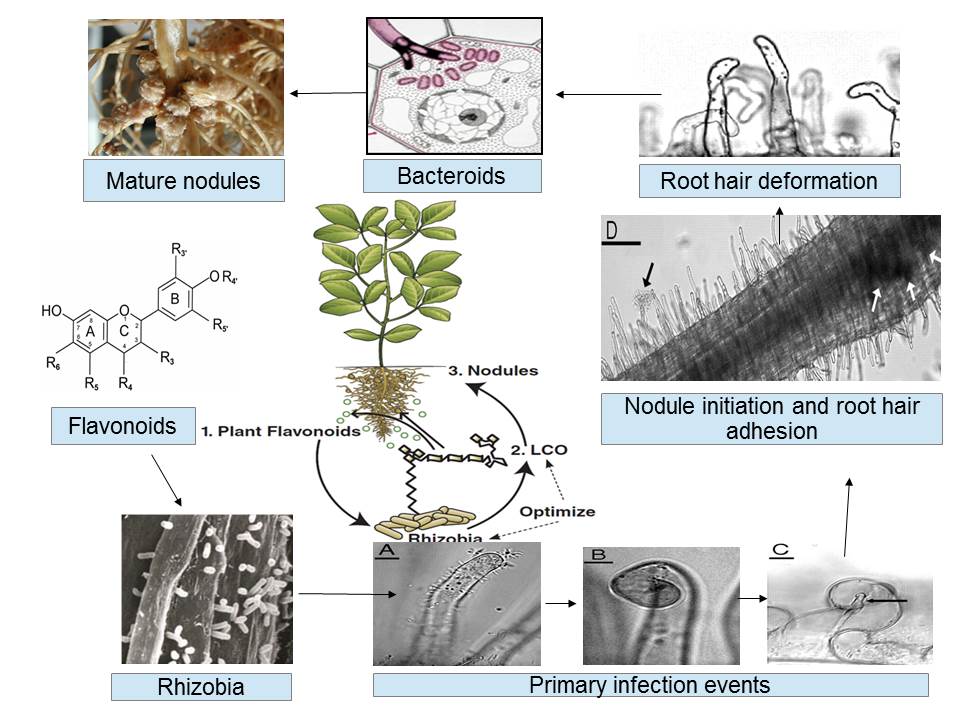| Nitrogen Fixation | agr-139 |
| Department of Plant Physiology | |
| Faculty of Sciences | |



Our main objective is to improve the efficiency of the symbiotic interaction between soil bacteria (rhizobia) and legumes in order to enhance biological nitrogen fixation under environmental stress conditions.
The Nitrogen Fixation Group of the University of Granada carries out studies related to physiological, biochemical and molecular aspects of the symbiosis between atmospheric nitrogen-fixing soil bacteria, commonly known as rhizobia, and leguminous plants, considered an essential component in the transition towards sustainable agricultural models and healthier diets. In fact, legumes have played an essential role in farming systems in the Mediterranean area, being key constituents of the diet, as well as in crop rotation.
The cultivation of legumes is beneficial for human health, biodiversity and soil quality, counteracting soil deterioration caused by the use of chemical fertilizers. Therefore, the promotion of legumes and their associated microbiomes in agricultural systems is of high agroecological value in the actual context of environmental pollution and climate change.
Our interest is focused on the adaptive responses of the rhizobium-legume symbiosis to stress conditions, in order to improve the productivity of legume species of agronomic interest in semi-arid regions. Likewise, by increasing the efficiency of biological nitrogen fixation, we aim to favor the use of legumes in the recovery and improvement of the quality of degraded soils. The rhizobia-legume symbiosis also makes it possible to reduce the use of chemical fertilizers, thereby reducing economic and environmental costs in different agricultural production systems.
In many of our studies we have assessed the involvement of hormonal and growth-regulating molecules such as abscisic acid, brassinosteroids or polyamines in mitigating the negative effects of salinity on the symbiotic biological nitrogen fixation. In these studies, we have identified genes and molecules that can act as stress markers, improving our understanding of the response mechanisms of the symbiosis.
Currently, our ongoing projects are oriented towards the study of the potential of different types of microorganisms present in the rhizosphere to favor rhizobium-legume symbiosis and their response to environmental stress situations, as well as towards the characterization and selection of legume varieties adapted to our climatic and soil conditions.





















